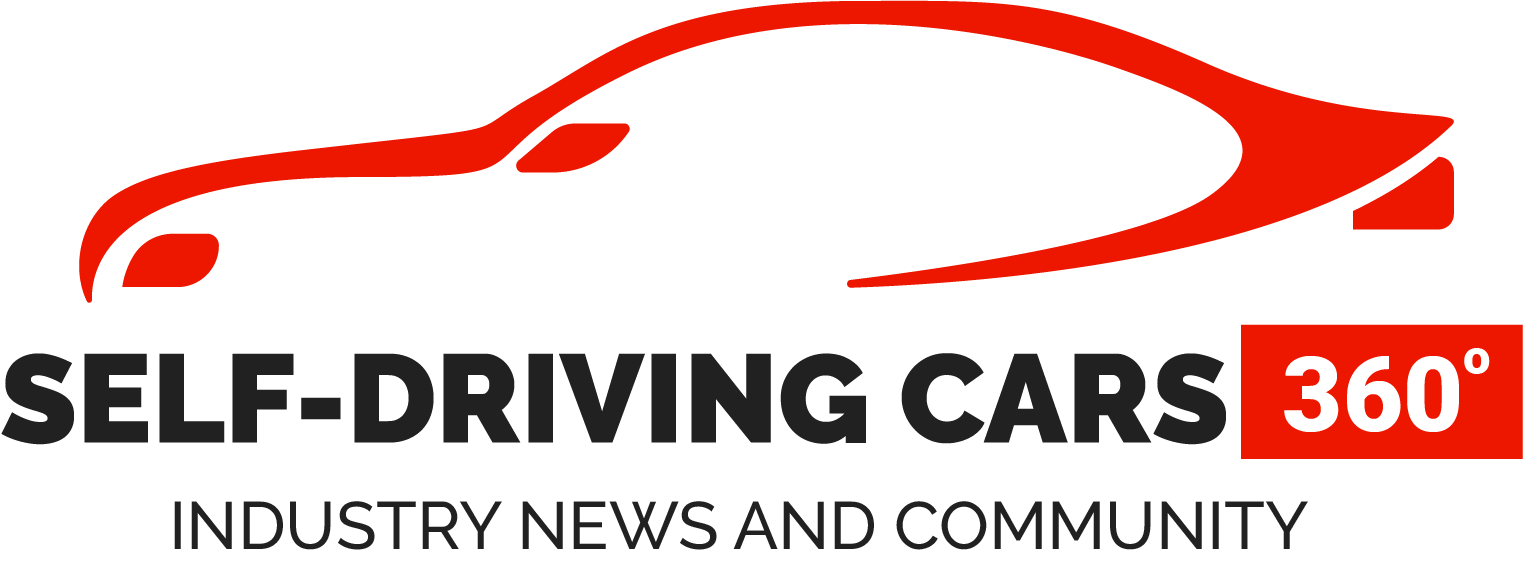Uber and Lyft, which are the most popular ride-hailing companies in the U.S., are both working on self-driving vehicles that they hope to add to their ride-hailing networks. Meanwhile in China, the country’s top ride-hailing provider Didi Chuxing is facing growing competition from a new crop of startups working on self-driving vehicles and robotaxi services for the world’s biggest auto market. One of these new self-driving startups is AutoX.
AutoX announced today that its autonomous vehicles are now available on China’s AutoNavi navigation app, which is one of the most popular navigation services in China. Chinese e-commerce giant Alibaba bought AutoNavi for US$1.5 billion in 2014.
Beginning today, riders will be able to summon a robotaxi on Autonavi’s ride-hailing platform, which is known as Gaode in China. The service is launching in Jiading, a district in the northwestern part of Shanghai with a population of more than 1.5 million. The region will serve as the main coverage area for the service.
Users can either request a regular car with a driver like an Uber, or a self-driving robotaxi from AutoX. The Gaode app’s algorithm determines which vehicle to dispatch based on the earliest time of arrival.
The AutoX RoboTaxi launch in Shanghai is the first time an autonomous ride-hailing service is available on a major ride-hailing platform in China, according to the company.
AutoX was founded in 2016 in Silicon Valley by Xiao Jianxiong, a former Princeton University assistant professor. Xiao also serves as the company’s CEO. He launched the company with a goal of “democratizing autonomy” by making it readily available as part of people’s everyday lives. The company’s U.S. headquarters are in San Jose, California.
“The seamless combination of autonomous and human-driving fleets is a crucial step for the adoption and commercialization of self-driving technology,” Xiao said in a statement on Monday.
AutoX developed a full-stack Level 4 autonomous driving solution called the “AI Driver”, which integrates both the software and hardware. The hardware includes solid-state lidar, high-definition cameras and a processor, which acts as the brain of the system. The full-stack AI Driver autonomous driving system can be installed in different types of vehicles.
AutoX already holds a permit to test its autonomous vehicles in California with a driver present, joining over 60 other companies including Waymo, BMW, Nvidia, Ford Motor Co and Tesla that were granted the autonomous vehicle test permit by the state’s DMV.
In August 2018, AutoX launched a grocery delivery pilot in San Jose using its autonomous vehicles.
In June 2019, AutoX was granted a Class A Charter Party Certificate in California for an “autonomous vehicle passenger service pilot” which allows the company to carry passengers in its robotaxi pilot as long as there is a driver present.
In December 2019, AutoX applied for and was granted a permit to pick up passengers in its self-driving vehicles without a driver present. The company is one of only 7 companies granted the permit. The others include Waymo, Pony.ai and Aurora.
AutoX said it is the first company in China to deploy self-driving vehicles that can reach the maximum speed of 80 kilometers per hour (50 mph) on city roads.
The autonomous vehicles are also “connected” and supported by Shanghai’s ultra-fast 5G-based vehicle-to-infrastructure (V2X) technology, which enables each robotaxi to communicate with road infrastructure and traffic lights.

AutoX is also testing its self-driving vehicles in California.
AutoX recently opened its 80,000-square feet “RoboTaxi Operations Center” in Shanghai. The facility houses tools for operating a large fleet of self-driving cars. Currently it supports the operation of 100 self-driving vehicles on public roads and will accommodate a growing self-driving fleet as it expands. AutoX says the facility is the largest hub for self-driving car data in China.
“The service area of autonomous vehicles is an ever-increasing yet geo-fenced region, and the fleet size takes time to grow,” Xiao said. He added that the combination of a human-driven fleet and self-driving vehicles in a ride-hailing service is a “must-have for an autonomous driving company to be able to provide a truly useful service for all riders.”
AutoNavi started out as a simple maps and navigation service until its was acquired by Alibaba. It has since turned into a “super app” like the widely popular Chinese app WeChat. The trend in China is to offer a multitude of services through a single app.
AutoNavi’s web-based maps called Amap and mobile app aggregates mobility services from more than 40 different companies on its platform. The platform had 478 million monthly active users in March.
AutoX is already facing growing competition in China. Didi Chuxing, which operates China’s largest ride-hailing platform with 800 million monthly active users, is expected to soon launch its own robotaxi service soon.
Didi plans to deploy a fleet of 30 self-driving cars in a geofenced area in Jiading district in Shanghai. The company plans to offer free rides as a way to collect user data to refine its service.
The AutoX and Amap service will also offer free rides for China’s upcoming Labor Day holiday in May, when the program will be opened to the general public.
Source: m.futurecar.com




GIPHY App Key not set. Please check settings